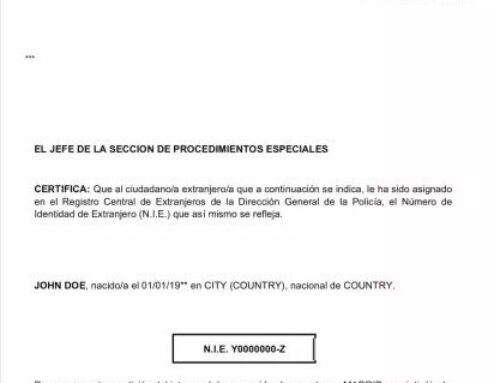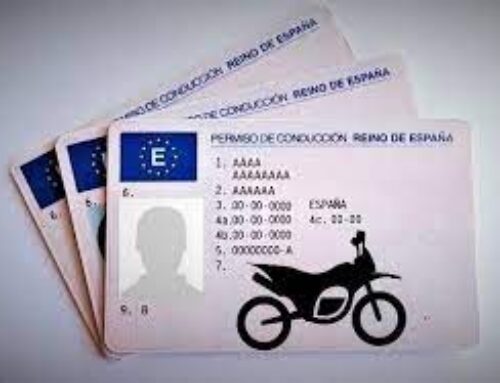 When you own property in Spain as a non-resident and you pass away without making a Will, your assets will be distributed in accordance with the inheritance laws of Spain. That is not necessarily a bad thing, but you need to know what that means.
When you own property in Spain as a non-resident and you pass away without making a Will, your assets will be distributed in accordance with the inheritance laws of Spain. That is not necessarily a bad thing, but you need to know what that means.
If you pass away without making a Will, Spanish Succession Law stipulates that your descendants (children) will automatically inherit at least two-thirds of your Spanish estate, with priority over a surviving spouse. Any surviving spouse will automatically inherit one-third of your Spanish estate.
What does this mean?
If your property is inherited and shared by more than one individual, each person will inherit equal rights and obligations associated with that property.
Not only that, but the property can only be sold if every owner agrees to the sale. This has left many situations where properties are landlocked because the beneficiaries of the property cannot agree on the sale or the terms of such a sale.
If you leave assets to your loved ones, it is always better to divide them as much as possible and if possible, avoid multiple owners on any individual property. Therefore, it is recommended, that you should write a Will to ensure that the division of your assets are carried out as you would want them to be, and to avoid any unnecessary disputes or hardship for your loved ones, down the line.
Making a Will is so quick and easy and the benefits in doing it are enormous. Here are just a few:
Benefit 1:
It avoids lengthy and expensive legal disputes or issues for your heirs, that arise from the lack of having a Will in place. Even if you have a Will written in another country, you should still make one for your assets in Spain.
Benefit 2:
As a foreigner in Spain, you are not forced to abide by the rules of Spanish division of your estate. You are free to bequeath your assets to whoever you choose. Your estate will still be subject to Spanish inheritance tax which in some circumstances is high.
It is also worth remembering that as a resident in Spain, you are subject to the same taxes on your worldwide assets so making a Will means that you can use this to your advantage to ensure that you can properly order your taxes to your absolute discretion.
Benefit 3:
Since the law was modified in 2018, wife/husband or children of a non-resident or a resident will not pay any inheritance up to the first €1m per heir.
Spanish Inheritance Tax – the four-year rule
In Spain, your heirs are required to carry out the inheritance and pay tax within six months from your death. If for whatever reason this does not take place and your heirs don’t pay inheritance tax, for the first four years after you have passed away they will not be subject to inheritance tax any longer and the statute of limitation will take effect. However, this four year will also be subject to the declaratory period of six months, so in total, your heirs will not be required to pay inheritance tax if nothing is done for four years and six months after your death.
Before any inheritance tax is paid of course, all of the property values must be determined, so it is important to get the assistance of a Spanish Inheritance Lawyer or an Asesor who can do this for you.
Getting it sorted
At Heniam we have a Team of dedicated professional on hand to assist you every step of the way. We can assist you in determining what you want to do and how to do it and help you to draw up your wishes and have them carried out with the least amount of stress involved. Just talk to the team.
www.heniam.es email: info@henaim.es
Monteclaro 1, La Manga Club, Murcia, 30389, Spain
(+34) 868 707 917 or (+34) 689 017 754



